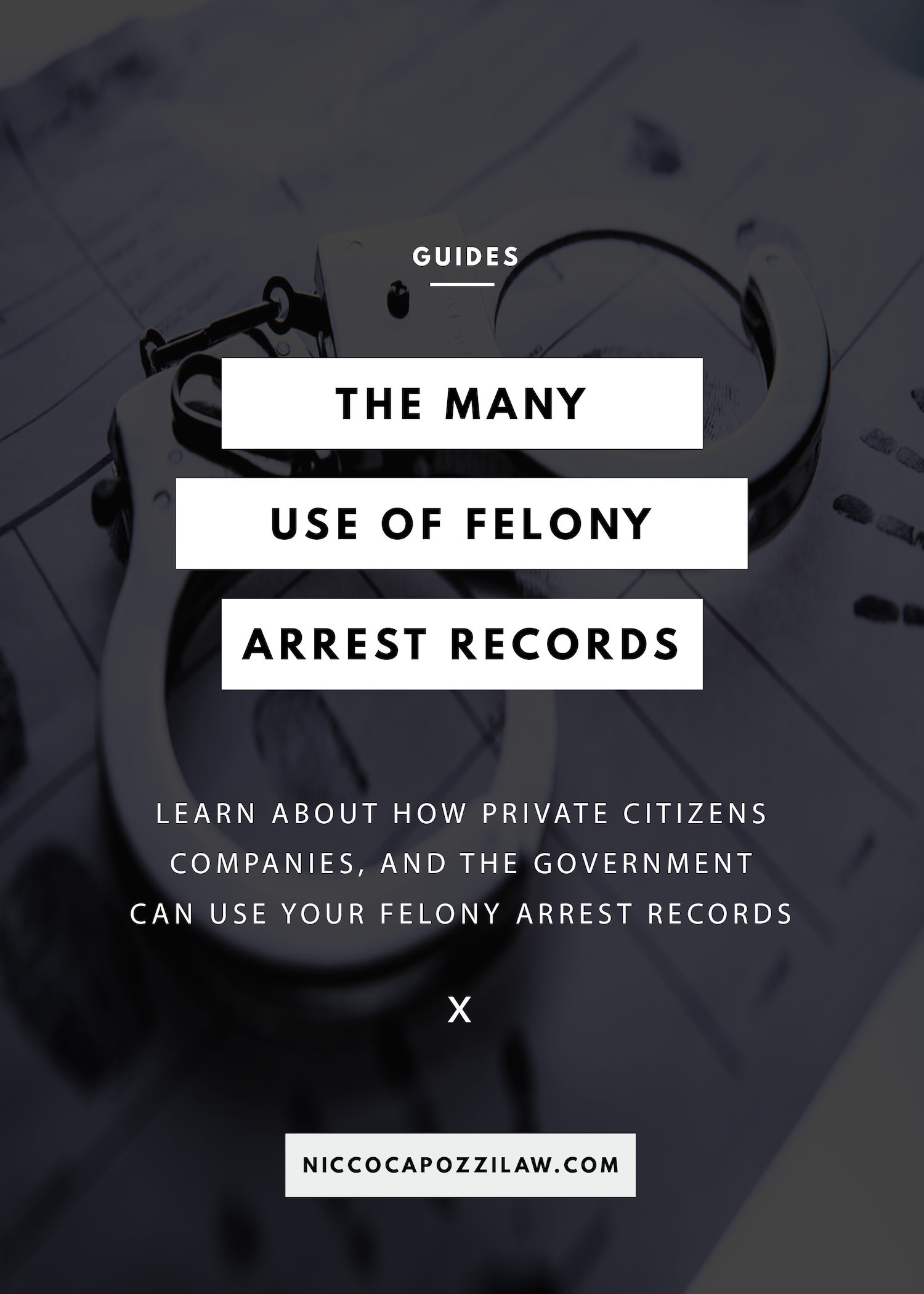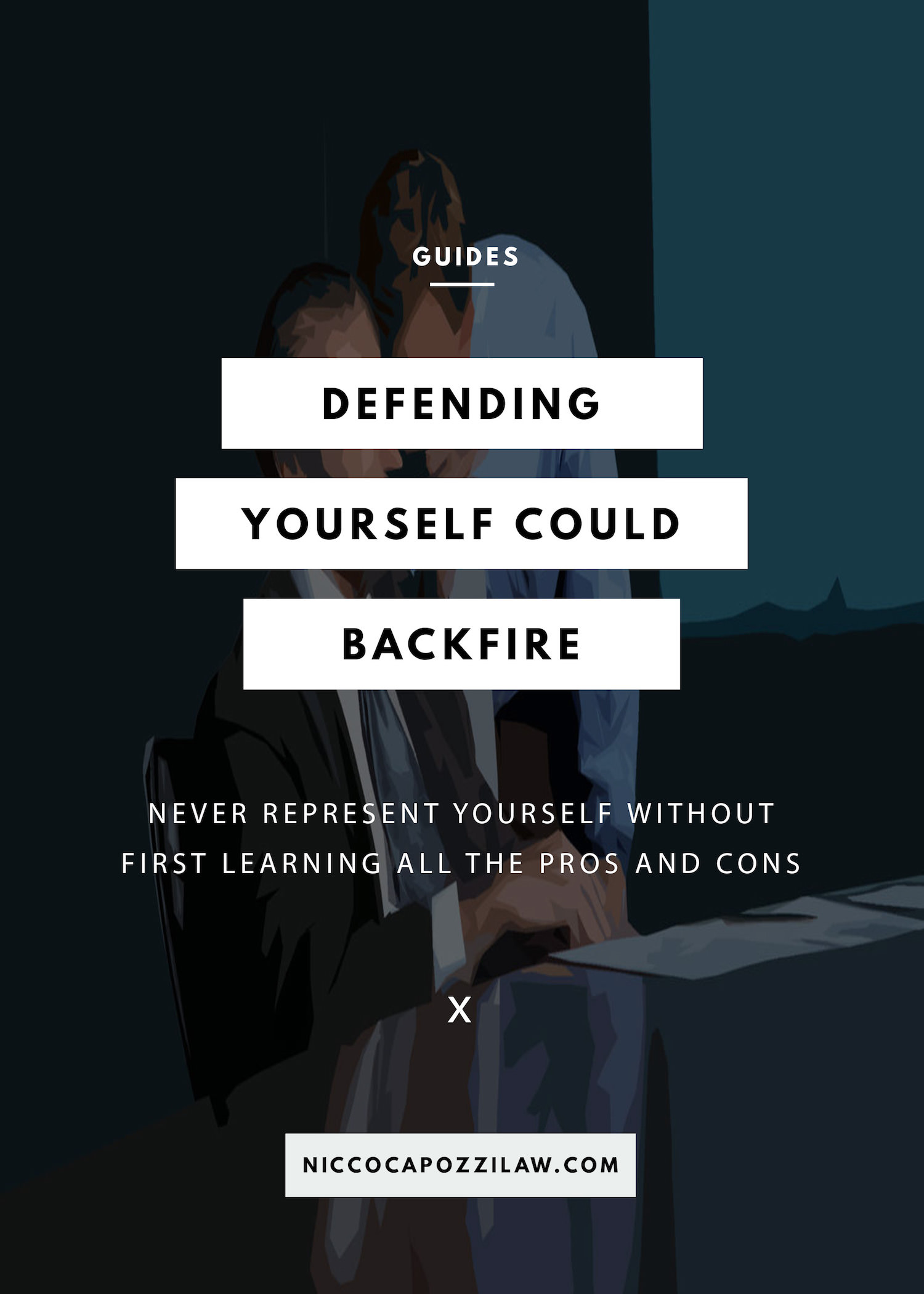In recent years, bystanders have recorded several controversial incidents between police officers and citizens with their smartphone cameras. These encounters have occurred all over the U.S., and the power of social media has allowed them to spread quickly and gain ground in the national spotlight.
If you choose to use film an interaction with police, you should know your rights.
Is it always legal to film the police?
As long as you are in a public place in any of the 50 states, you can legally film the police in most cases. This right is protected under the First Amendment to the Constitution.
When is it is not OK?
Recording police officers becomes a problem when the officers believe someone is "interfering" with their duties. But the definition of interfering can vary from officer to officer and department to department.
What do you do?
What if a police officer asks or tells you to turn your camera off? Do you have to comply? Many experts advise calmly responding to the officer in question that you know you have the right to film them as long as you are not interfering.
Can they take your phone or camera equipment?
The short answer is no. A 2014 Supreme Court ruling made it clear that police officers cannot search your cellphone without a warrant, even if you're under arrest. Many experts believe this protection extends to all digital recording equipment.
It's also illegal for police to delete any recordings or photos you have taken. Their actions can be the basis of an expensive lawsuit as well.






